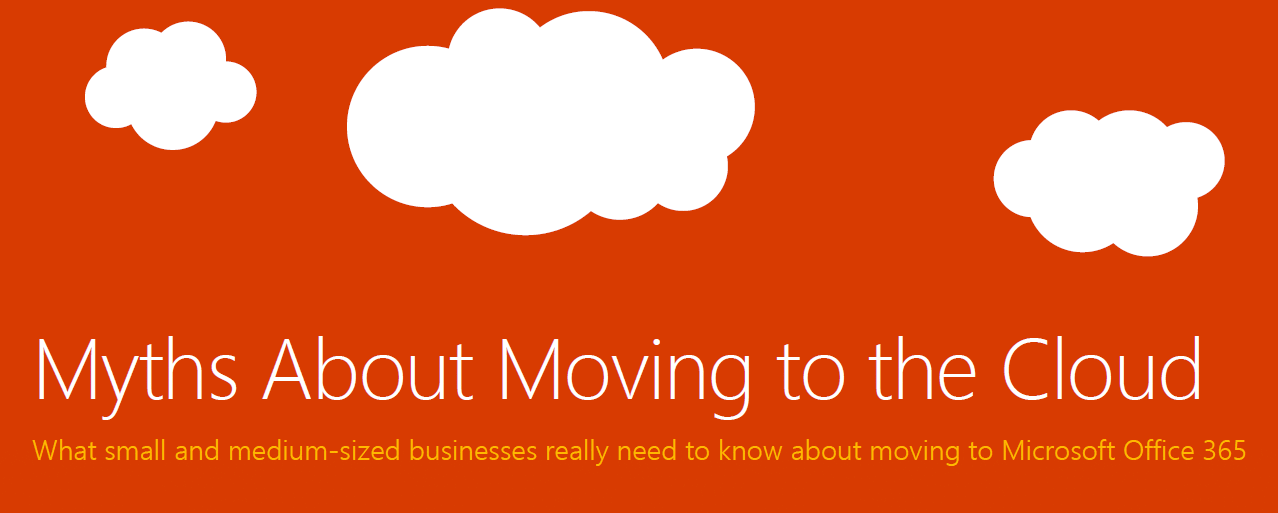
What is a CRM? Part 1
By Ben Ward, Applications Analyst, MCTS, MCP, MS
Think of a CRM as a glorified database with a user interface attached to it. CRM stands for Customer Relationship Management and depending on a user’s role or department, it can perform a variety of everyday operations. Here are a few scenarios on how CRM’s can help businesses:
Sales - Sales Associate:
Sellers can store, organize and take leads and contacts through a virtual sales cycle more efficiently due to the ability to associate leads and contacts with notes, activities, accounts and opportunities. Sellers have the ability to create activities for leads, contacts and/or accounts from within a CRM to set reminders for phone calls or emails, etc.
Marketing – Marketers:
Marketers can use a CRM coupled with a marketing plug-in to log marketing efforts and results for individual leads and contacts. For example: A company is hosting an event and needs to send out email invitations to a specific group of people. Marketing can add the contact details of the recipients to a CRM and create a specific marketing list for the recipients. An email invitation template can be created and sent (with or without personalization) to each of the recipients on the marketing list. This allows the marketing department to streamline operations and cut down on labor time. Once mass emails are sent, CRM’s can track the results and analytics regarding the email send. This can be achieved using one application instead of multiple websites due to CRM integrations with major email service providers and plug-ins.
Operations – Analysts/Administrators/Coordinators:
Analysts can use the data retrieved from marketing efforts to analyze marketing efforts and suggest improvements. Suggestions could be as simple as changing one word in a subject line of a mass email to revamping the entire design of a marketing campaign.
CRM’s can be heavily customized to fit almost any specific business need. Administrators have the ability to customize CRM out-of-the-box features and expand the functionality exponentially using JavaScript or C#. There are many features available out-of-the-box, especially with CRM’s such as Microsoft Dynamics CRM that have business value, however there are a few that may not be pertinent to every business’s needs. These can be easily removed by administrators which will result in a streamlined CRM business process.
What is a CRM? Part 2.
About the author:
Ben has worked at Managed Solution for over two years and is currently working on CRM customization and administration, Microsoft SharePoint integration and customization as well as Business Intelligence analytics including SQL reporting. Ben is a Microsoft Certified Technology Specialist, Microsoft Certified Professional, Microsoft Specialist and has six Dynamic CRM certifications.
Other Blog Posts by Ben Ward:
Continued Reading

October 14, 2015
Whitepaper: 9 Myths About Moving to the Cloud: What Small and Midsize Businesses Need to Know
9 Myths About Moving to the Cloud Office 365 is […]
LEARN MOREOffice365

October 16, 2015
Now Through Sunday, Each “Like” = $1 for #ALS*!
The Managed Solution team at the 2014 Walk to Defeat […]
LEARN MOREPress Releases

